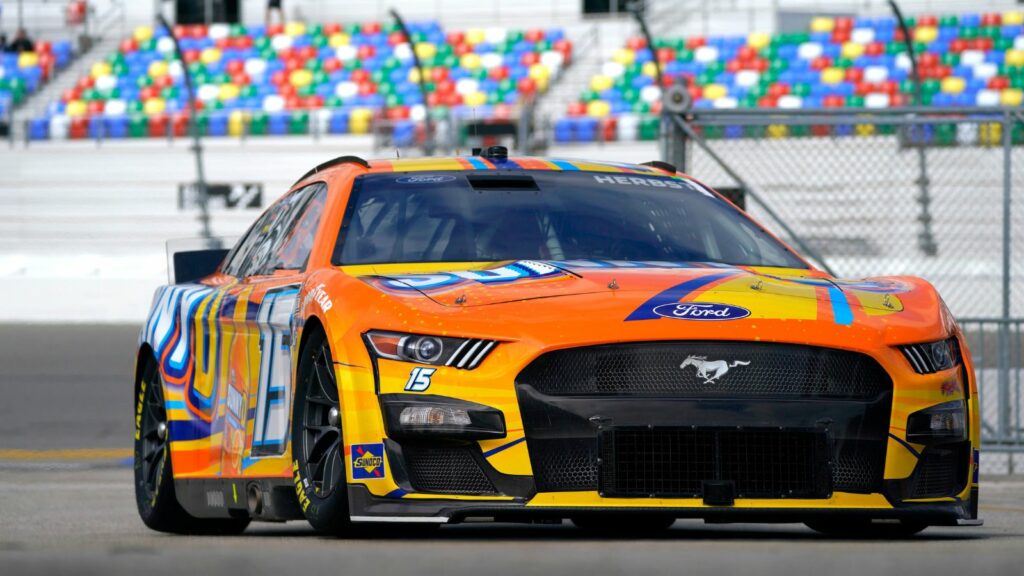The automotive industry has consistently led the way in technological advancements, with sports cars continually pushing the limits of possibility. As we enter 2024, the world of sports cars is more thrilling than ever, thanks to innovations that promise to make them faster, sleeker, and smarter. This article delves into 12 groundbreaking innovations that set new sports car standards.
Electric Powertrains
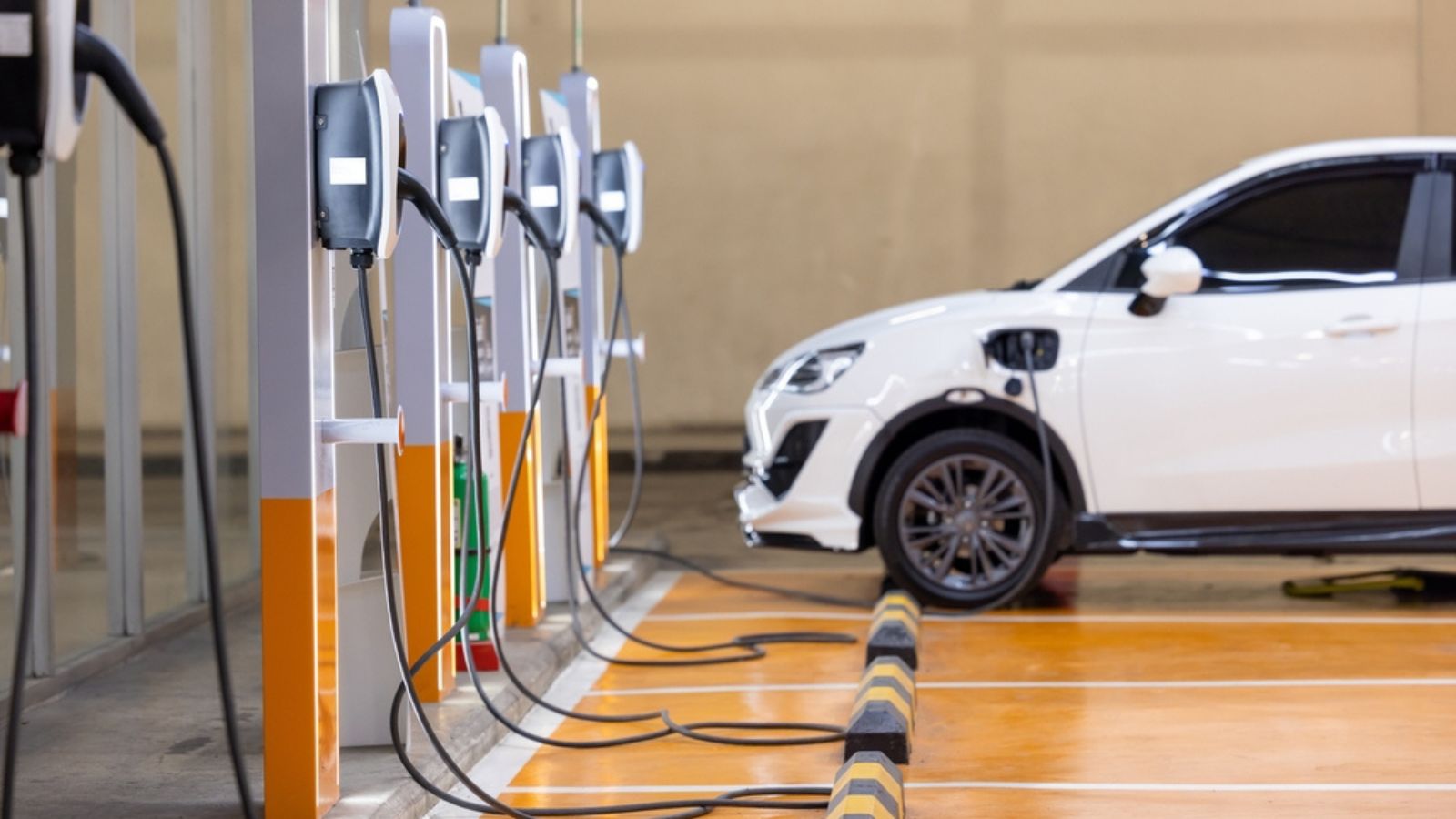
The shift towards electric powertrains transforms sports cars, providing instantaneous torque and incredible acceleration. Companies like Tesla, with their Model S Plaid, have demonstrated that electric vehicles (EVs) can outperform traditional internal combustion engines (ICE). In 2024, more manufacturers are adopting advanced battery technologies, such as solid-state batteries, which offer higher energy density and faster charging times, pushing electric sports cars into the mainstream.
Lightweight Materials
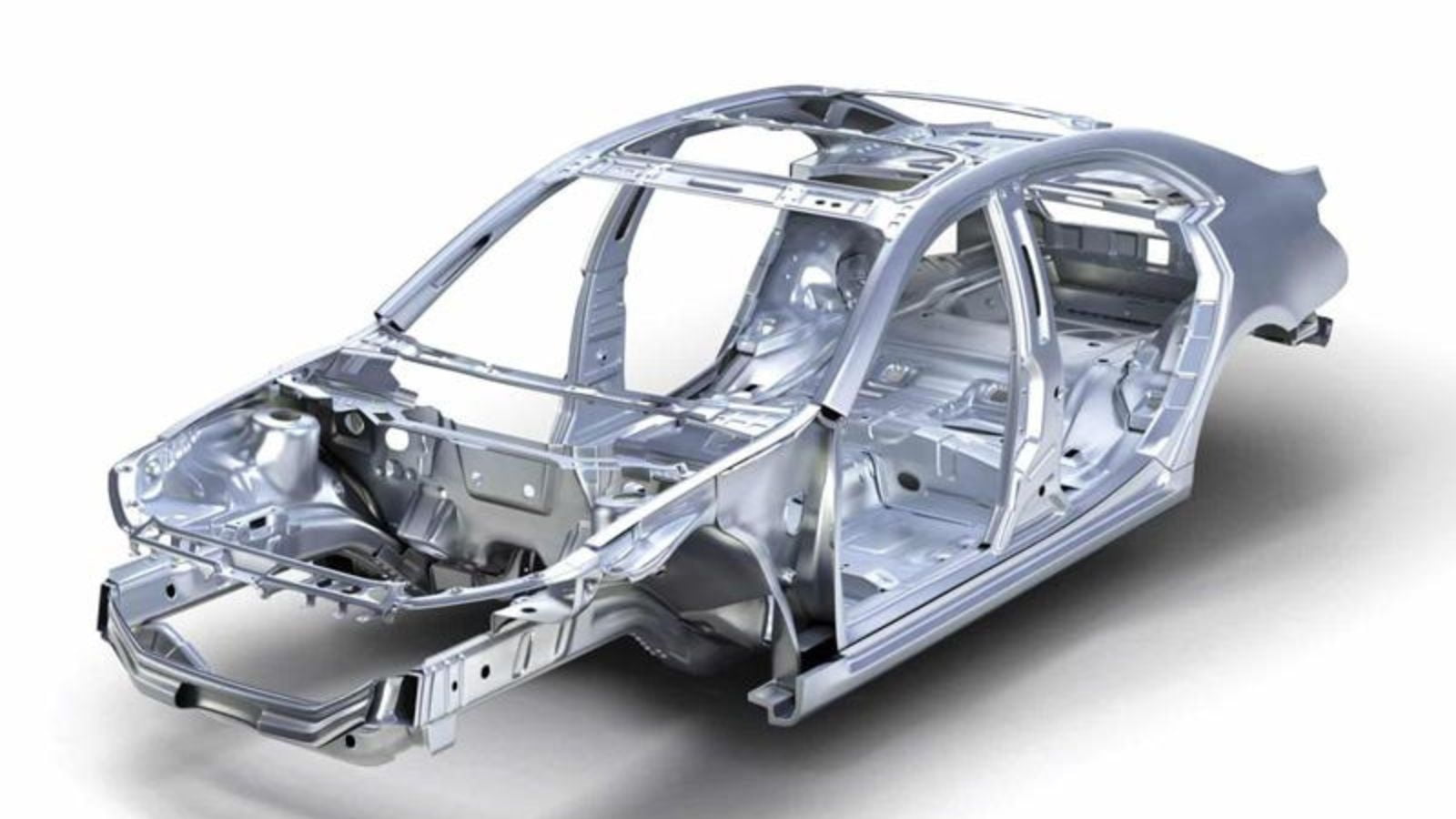
Lightweight materials are revolutionizing car manufacturing, significantly enhancing fuel efficiency and performance. Aluminum, a prominent lightweight material, reduces vehicle weight by up to 50% compared to traditional steel, which directly improves fuel economy by approximately 10-15%. Although more expensive, carbon fiber offers more significant weight savings and strength, reducing weight by nearly 60%. Advanced high-strength steel (AHSS) balances weight reduction and cost, offering substantial strength with less material. Magnesium, another lightweight option, is 75% lighter than steel and 33% lighter than aluminum, further aiding weight reduction.
Aerodynamic Enhancements
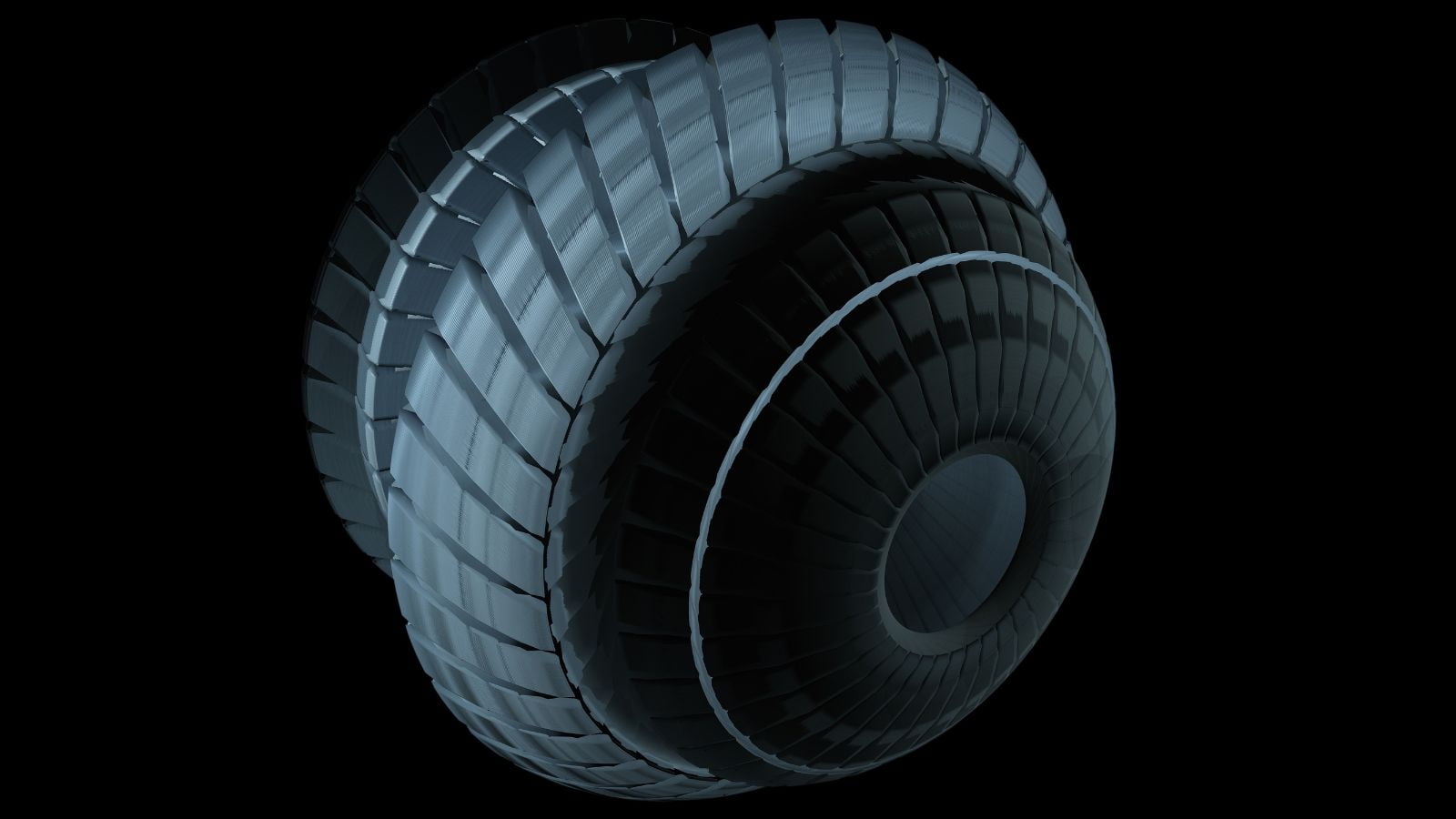
Aerodynamics is key to sports cars’ performance. In 2024, manufacturers will employ active aerodynamic systems that adjust in real-time to optimize downforce and reduce drag. Technologies such as active rear wings, adaptive front splitters, and open and close air vents based on speed are becoming standard. These advancements improve top speed and stability and enhance fuel efficiency.
Hybrid Drivetrains
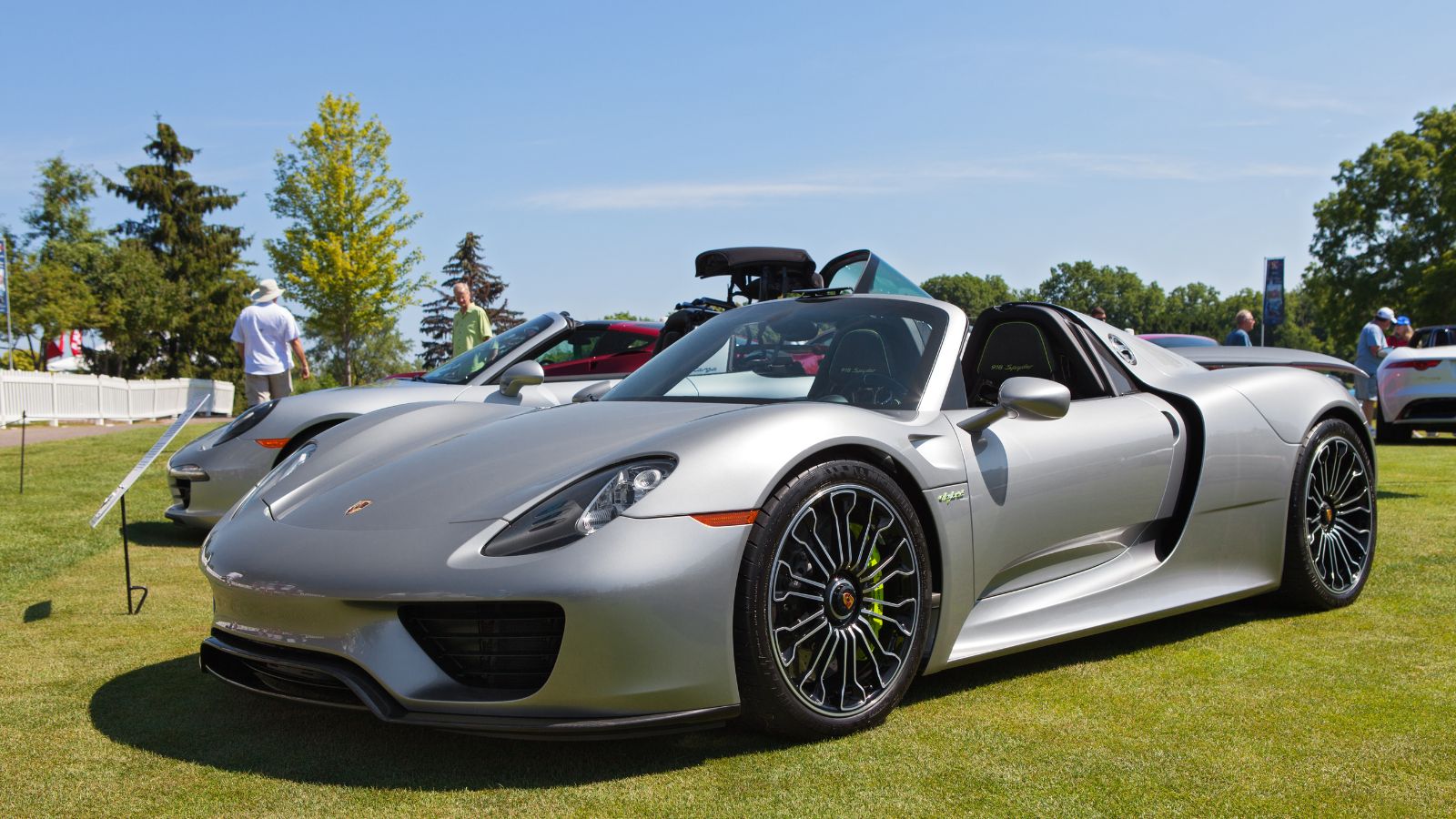
Hybrid technology bridges the gap between traditional ICE vehicles and fully electric cars. These systems typically operate in several modes: electric-only for short distances, gasoline-only for high-speed travel, and a hybrid mode that optimizes performance and efficiency by switching between or combining both power sources. Regenerative braking captures energy during deceleration, storing it in the battery for later use, which enhances efficiency. Plug-in hybrids (PHEVs) also feature larger batteries that can be charged externally, enabling longer electric-only ranges. Key models like the Toyota Prius and Chevrolet Volt have popularized hybrid technology.
Advanced Driver Assistance Systems (ADAS)

Safety and performance are no longer mutually exclusive in sports cars. Advanced Driver Assistance Systems (ADAS) are integrated into high-performance vehicles to enhance driving safety and convenience. Features like adaptive cruise control, lane-keeping assist, and automated emergency braking are now standard, ensuring that sports cars are thrilling to drive and safe.
Autonomous Driving Capabilities

Autonomous driving technology is rapidly advancing, and sports cars are not being left behind. While fully autonomous sports cars are not a reality, features like hands-free driving on highways and automated parking are becoming more sophisticated. These capabilities allow drivers to enjoy the thrill of driving when they want and hand over control during less engaging parts of the journey.
Enhanced Infotainment Systems
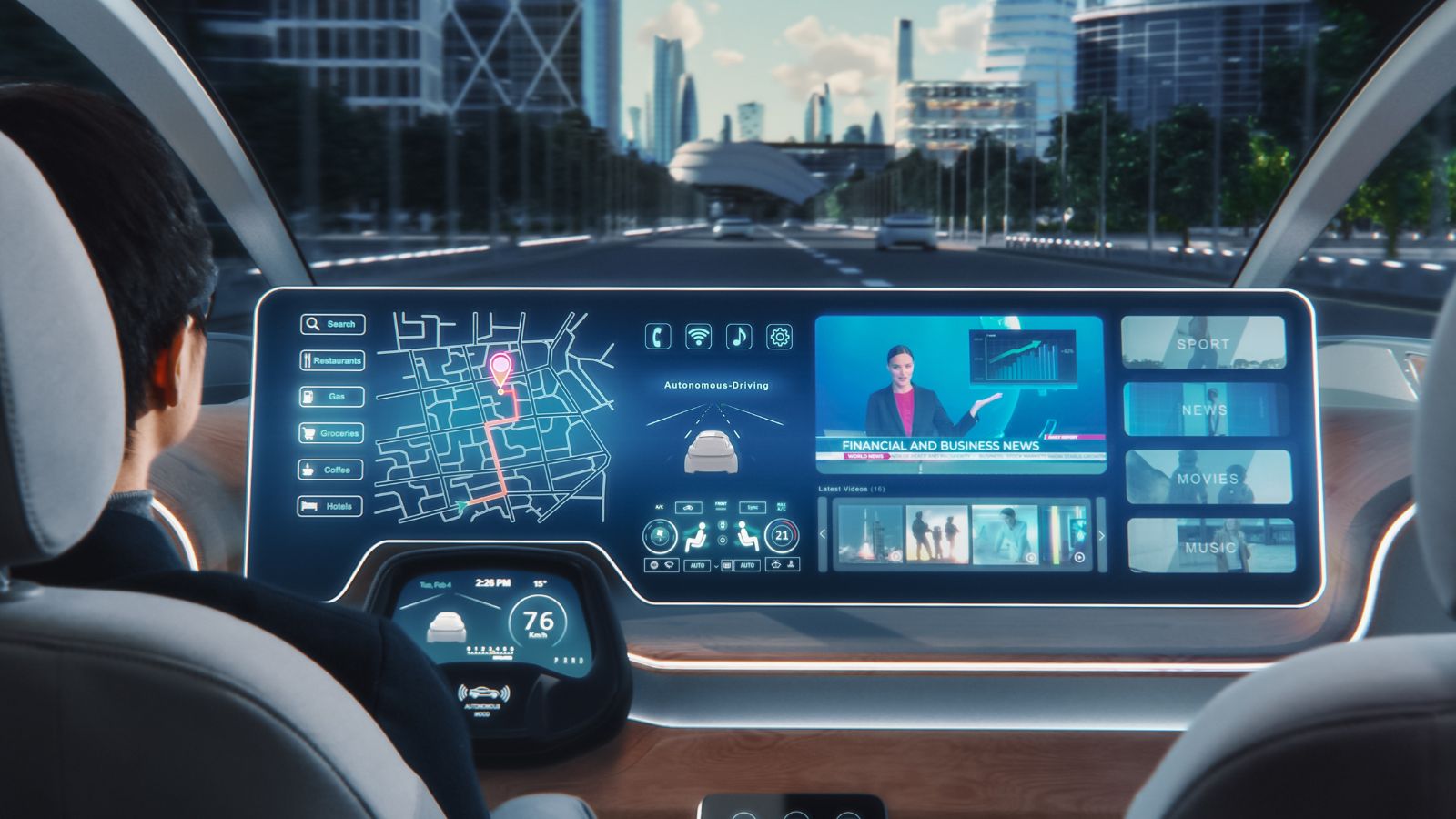
Enhanced infotainment systems in modern sports cars offer a blend of entertainment, connectivity, and convenience. These systems typically feature large touchscreen displays, voice recognition, and smartphone integration via Apple CarPlay and Android Auto. Advanced systems include navigation with real-time traffic updates, premium audio systems from brands like Bose and Bang & Olufsen, and integrated apps for music streaming, weather updates, and more.
High-Performance Tires

High-performance tires are engineered to enhance a vehicle’s speed, handling, and overall driving experience. Unique rubber compounds and tread patterns provide superior grip on all surfaces, allowing for better acceleration, cornering, and braking. These tires often have a lower profile and stiffer sidewalls, improving stability and responsiveness at high speeds. Commonly used in sports cars and performance-oriented vehicles, high-performance tires also incorporate advanced technologies such as silica-infused compounds and asymmetric tread designs to optimize performance.
Regenerative Braking Systems
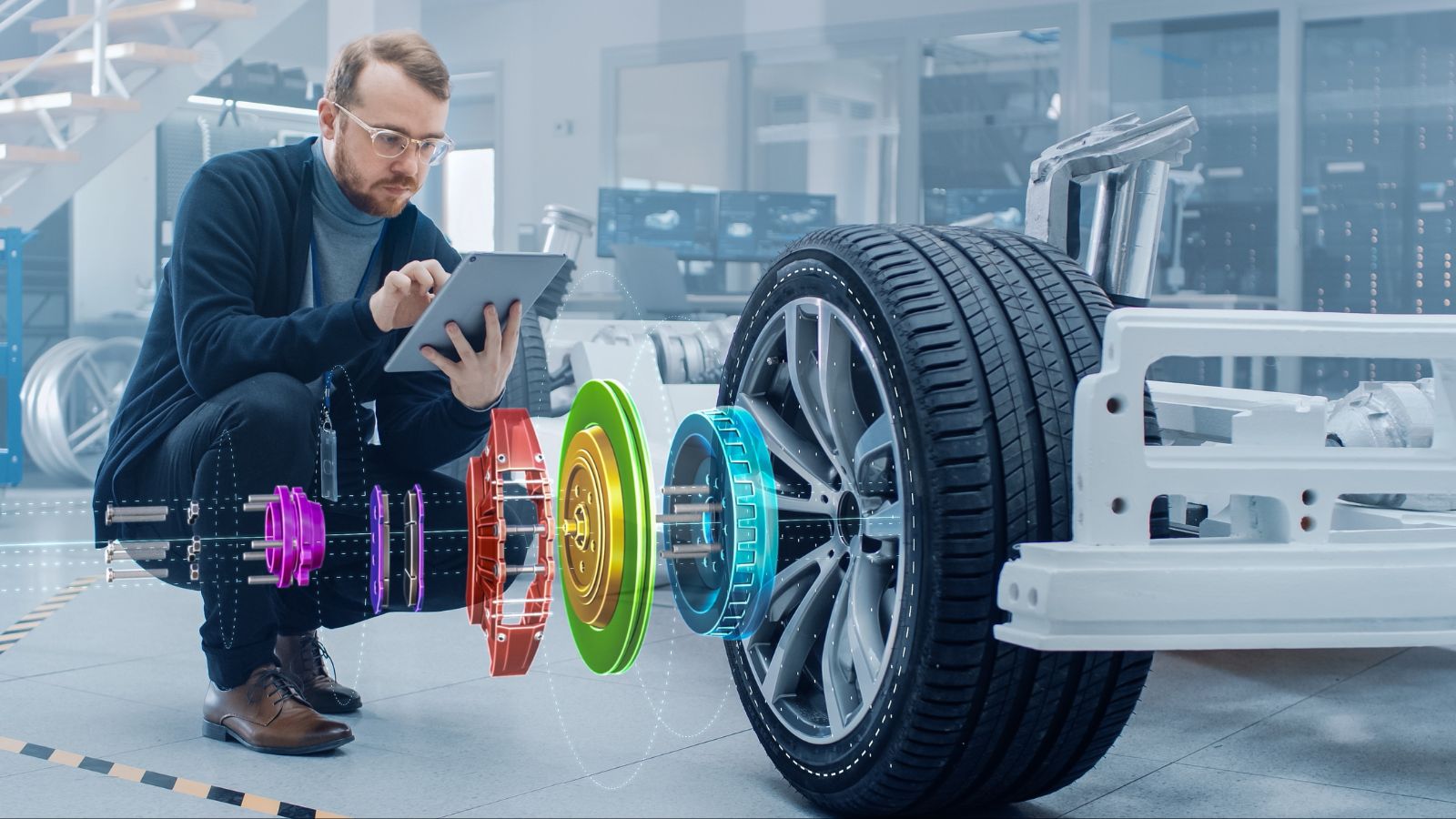
Regenerative braking systems (RBS) in cars convert kinetic energy into electrical energy during braking, stored in the vehicle’s battery. This technology, primarily used in electric and hybrid vehicles, enhances energy efficiency and extends driving range. When the driver applies the brakes, the electric motor runs in reverse, acting as a generator. This process slows the car while producing electricity. One key advantage is reduced brake wear, as mechanical brakes are used less frequently. Additionally, RBS contributes to lower emissions by optimizing energy use. Major automakers like Tesla, Toyota, and Nissan incorporate regenerative braking in models like the Model S, Prius, and Leaf.
Integrated Vehicle Dynamics Control
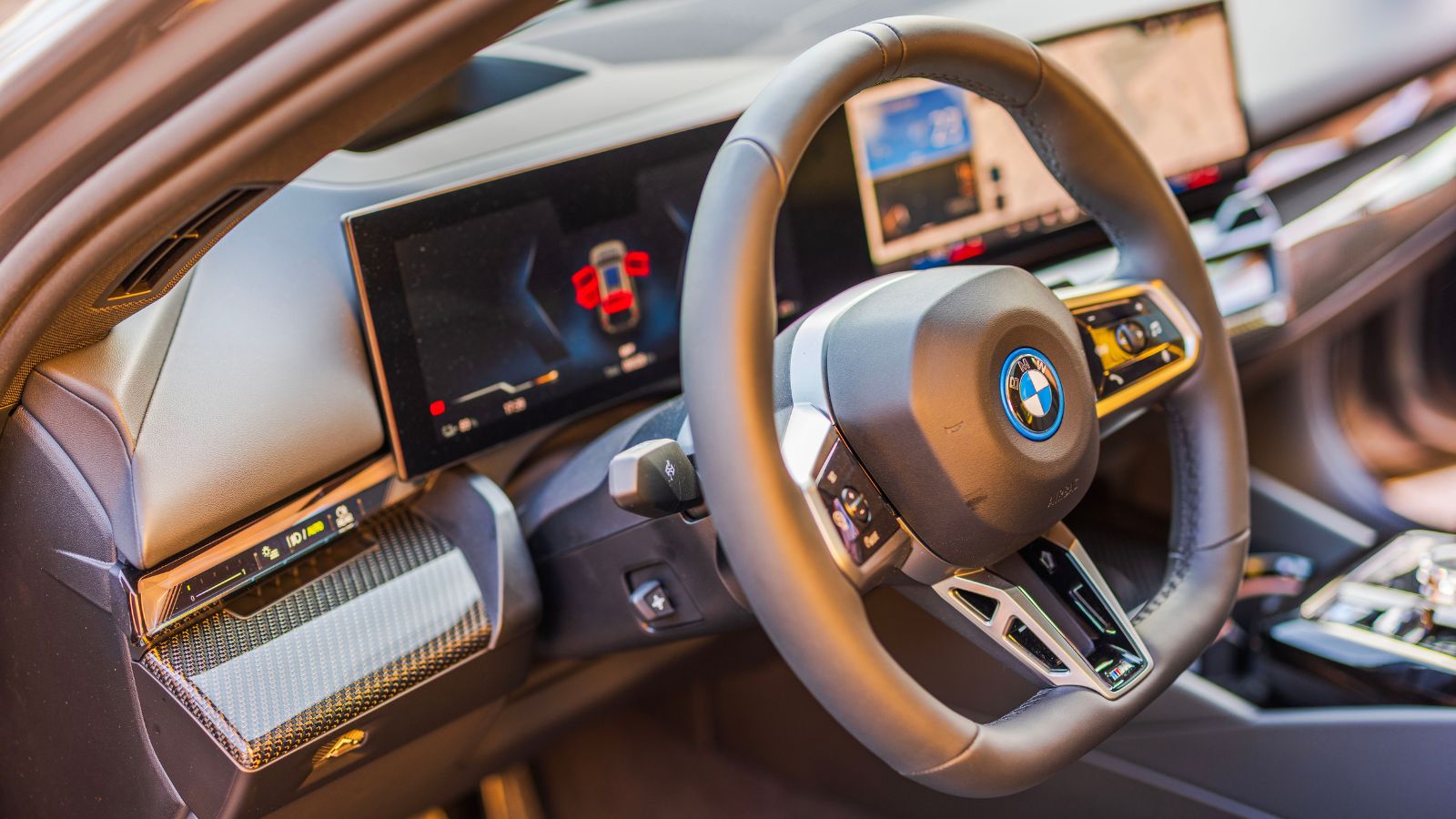
Integrated vehicle dynamics control systems enhance the sports driving experience by seamlessly managing various performance aspects such as suspension, steering, and power delivery. These systems utilize advanced algorithms and sensors to make real-time adjustments, ensuring optimal performance in various driving conditions. This integration results in a more responsive and enjoyable driving experience.
Customization and Personalization
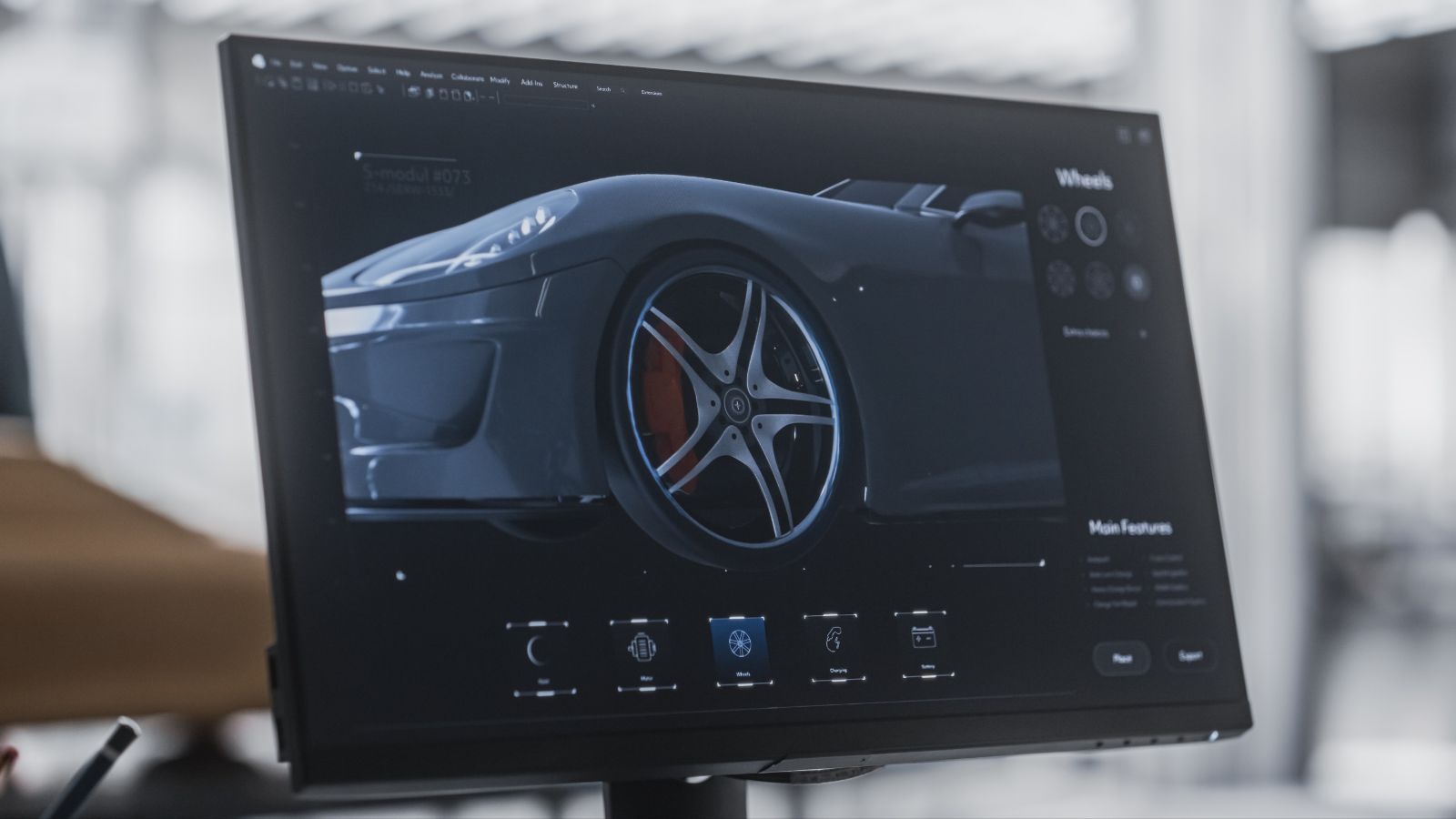
Sports car manufacturers are increasingly offering customization and personalization options. From bespoke paint colors and interior materials to performance upgrades and personalized digital interfaces, the level of customization available in 2024 ensures that each sports car is as unique as its owner. The SEMA Show in Las Vegas highlights the booming aftermarket industry, showcasing thousands of custom parts and accessories. This growing demand for personalization reflects a broader consumer trend towards individualization and bespoke experiences in various aspects of life, including automotive ownership.
Sustainability Initiatives
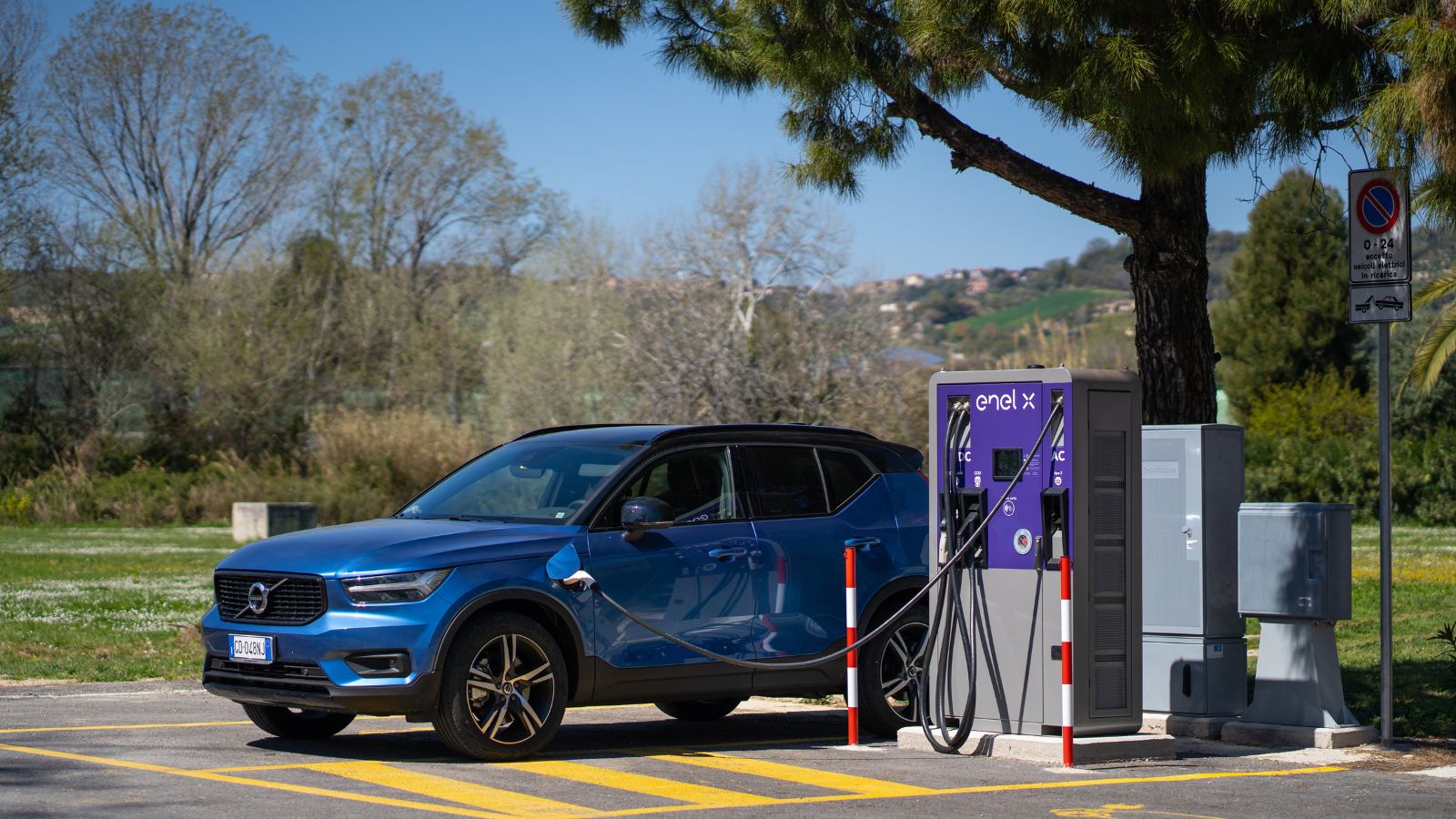
As environmental concerns become more pressing, sports car manufacturers are adopting sustainability initiatives. Electric vehicles (EVs), like the Tesla Model 3 and Nissan Leaf, reduce reliance on fossil fuels, producing zero tailpipe emissions. Hybrid models, such as the Toyota Prius, combine traditional engines with electric power to improve fuel efficiency. Automakers also focus on sustainable materials; BMW’s i3 uses recycled plastics and renewable fibers, while Ford incorporates soybean-based foam in seats. Production processes are becoming greener, with companies like Volvo committing to climate-neutral manufacturing by 2025.
14 Cars with a Reputation for Running Forever and Why They Outperform the Rest
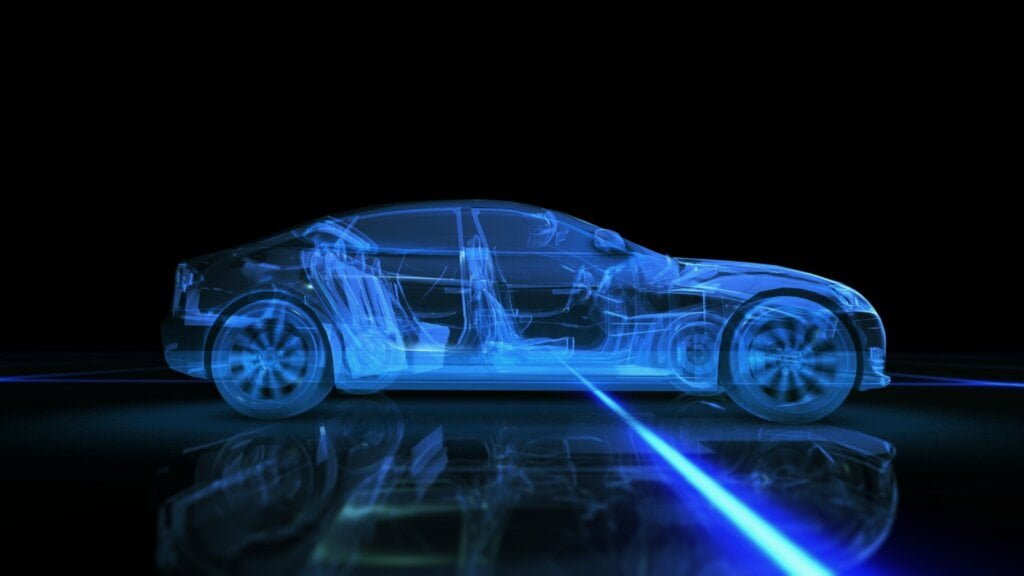
In the dynamic world of automobiles, some cars stand out for their remarkable longevity and enduring performance. These road warriors have earned a reputation for running seemingly forever, outpacing their counterparts. This article will explore 14 such vehicles and the reasons behind their legendary durability.
14 Cars With A Reputation For Running Forever And Why They Outperform The Rest
